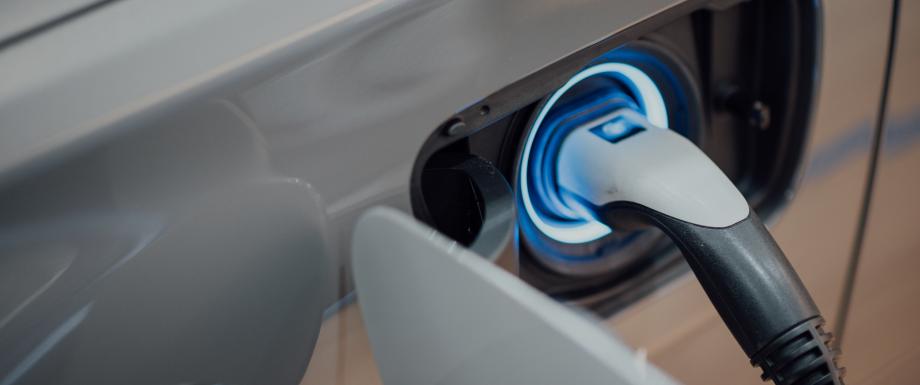- News
- Under Which Conditions May the Employer Compensate to the Employee Costs Related to Charging an Electric Vehicle?

Under Which Conditions May the Employer Compensate to the Employee Costs Related to Charging an Electric Vehicle?
If an employer allows an employee to use an electric car for business and private trips, the employee may need to charge the vehicle at their home. In such cases, there is a question if and how employers can compensate to the employees the costs related to charging the electric car.
According to the Income Tax Act, employers are allowed to compensate to the employees the costs related to the charging of the employer’s electric car at the employee’s home without fringe benefit tax. The costs are related to business. At the same time, the costs must be proved with documents.
Employers and employees should conclude a written agreement according to which the employer will compensate to the employee the expenses related to charging the electric car at the employee’s home. This agreement should also contain a provision on how the costs are to be proven.
In order to prove expenses, employees are required to present their electric bill to the employer. In addition, it is required to prove by documents how much of the consumed electricity was used for charging the electric car. The energy used for charging the car battery (kWh) is shown by some char chargers as well as the onboard computers of electric cars. Additionally, the charged energy can be measured with the energy measurer. Thus, the employer can compensate costs related to charging the car if the employee presents their electric bill and indicates how many kWh were spent on charging the vehicle.
Should you have any questions related to the topic, please write to us at juristid@koda.ee.


